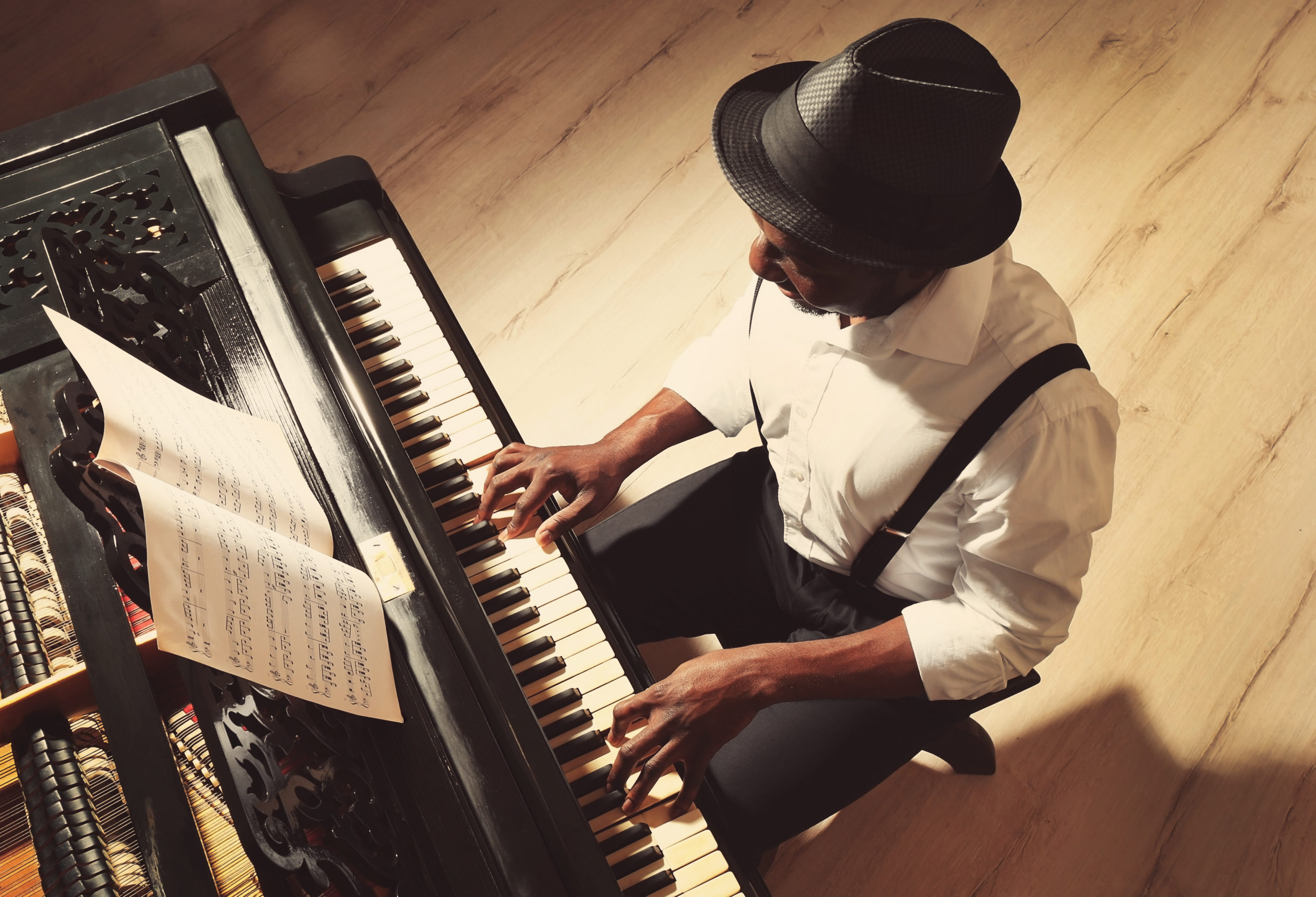Learning to play piano on your own is a brave step and you’ll need to work really hard to make it happen. While it’s ideal to have a piano instructor to guide you through, we understand it’s not always possible because of scheduling conflicts or budget constraints. This is why we’ve put out this list of tips for those of you who have decided to take up piano without the personal assistance of a professional. Let’s do this!
Do your homework
You’ll have to have the initiative to check out all the resources available to you as a piano beginner. There are plenty of lessons online you can peruse. Check out course outlines from schools offering piano courses so you’ll have a better idea of the areas of study you need to work on. Make a lesson plan according to topic. After that, gather all the resources you need. Don’t hesitate to borrow piano lesson books from your local library to save money!
Watch videos
Without a personal instructor to show you how it’s done, you can turn to other resources to learn about playing the piano, including the proper posture, fingering techniques and the like. There are hundreds of YouTube videos showing piano fundamentals – so watch and learn!
Set aside a time for practice every day
It’s not enough to simply read about or watch how to play the piano – you have to actually sit at the piano and practice. It’s recommended to set aside 30 minutes every day for piano practice rather than a day or two a week. A daily piano practice routine is more effective in retaining information and muscle memory, both of which you’ll need to really learn piano.
Make practice easier
Piano practice for beginners isn’t really easy, but you can have an easier time of it. First, you need to make sure your piano or keyboard is placed somewhere that is easy for you to access. Your piano practice area should be free from distractions (like the TV) and away from a busy area in your home (like the kitchen or a living room full of noisy kids). You can also invest in equipment that will make practicing more efficient, like a metronome or a planner notebook where you can check your lessons and keep track of what you’ve done so far. Speaking of which…
Track your progress
How do you know you’re getting better at piano? You need to track your progress. It can be as simple as making notes about what you learned in a day, the piano skills you’ve achieved and the simple tune you’ve played. You can also make video recordings of your daily practice sessions or weekly self-tests. Progress tracking also helps you identify the lessons and skills you still need to work on to reach your music goals.
Listen!
Becoming a good piano player requires developing a keen musical ear. The only way to do this is to actively listen to music. Listen to as many classical and contemporary pieces as you can, take note which sections particularly moved you. Can you tell what key a song is in? Can you transpose it to another key on the fly? Can you play a song you’ve just heard on the radio? Developing an ear for music is crucial in playing piano, so get acquainted with the different genres, playing styles, composers and artists to expand your music education.
With these tips, you can get a good start on teaching yourself piano. Remember to stick to your lesson plan and schedule, and to practice regularly. Good luck and have fun in your piano playing!


 Cats And Cancer Treatment: Could CBD Oil Be The Cure?
Cats And Cancer Treatment: Could CBD Oil Be The Cure?